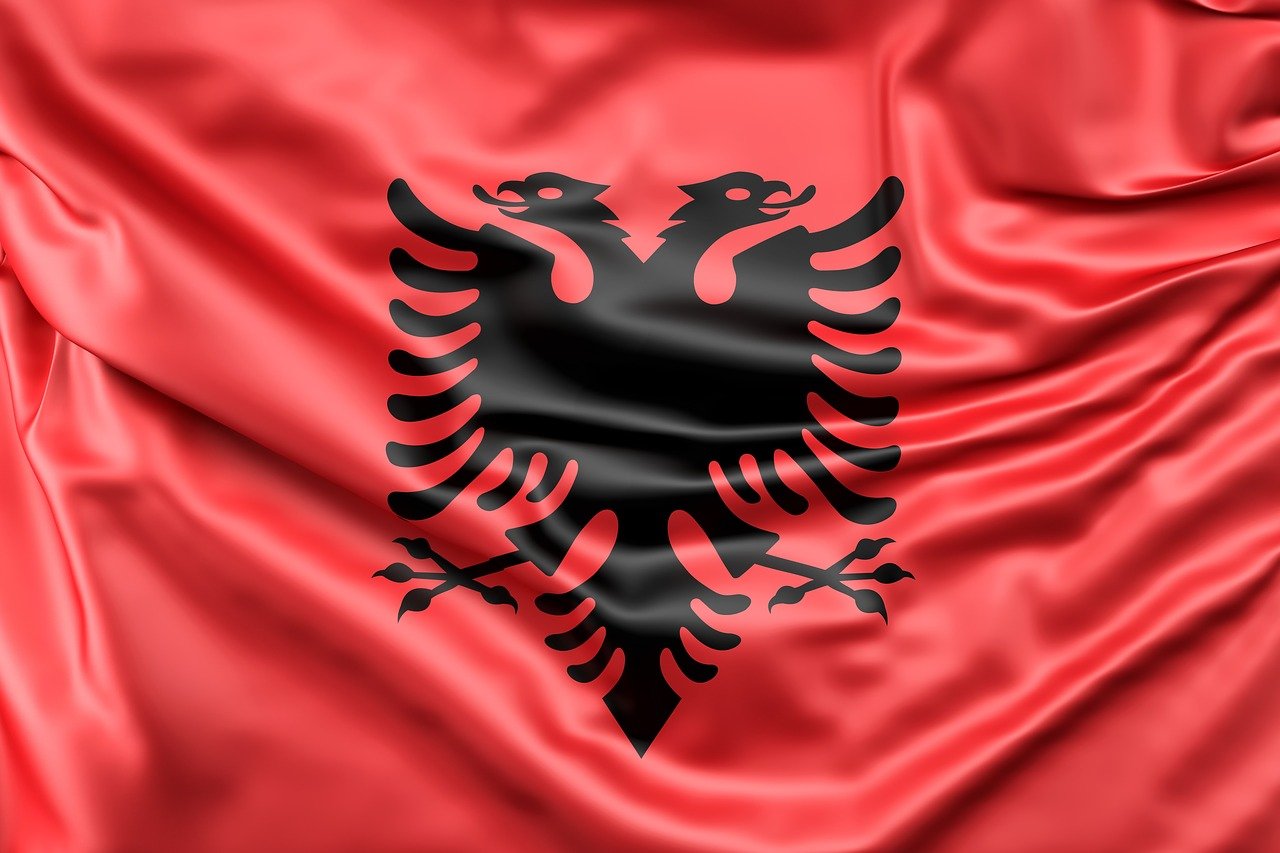Albanian Government Made No Significant Progress Against Money Laundering and Financial Crime in 2020

Albania is a source country of cannabis and a home base for organized crime groups moving narcotics from source countries into European markets. Albanian nationals are heavily involved in trafficking illicit narcotics throughout Europe but the government needs to do more, according to a new US State Department report.
The International Narcotics Control Strategy Report provides a country-by-country analysis of crime including drug trafficking, money laundering, and the government’s response.
It found that Albanian cannabis is sent to Turkey and exchanged for heroin and cocaine which is then smuggled across Europe by Albanian nationals. Furthermore, the illicit profits of these activities are laundered in the country.
The government has increased its cannabis eradication efforts but a weak rule of law, corruption, and a high rate of unemployment are the main drivers behind Albania’s drug problem. Criminal gangs continue to launder illicit drug money in the country and contribute to corruption.
The State Department said that Albania must continue justice reform efforts and work to decrease the influence of organized crime.
It also found that Albania was a “major money laundering destination” in 2020. The State Department said that the Albanian government has made “no significant progress toward thwarting money laundering and financial crimes in 2020.”
This means the country remains vulnerable to money laundering because of corruption, weak legal and governmental institutions, and the prevalence of organized crime networks.
The country’s informal economy and significant remittances from abroad also contribute to the issue.
Drug trafficking, smuggling, and tax evasion are some of the most prevalent financial crimes.
Albania did register “some progress” through its anti-Mafia confiscation law including the seizure of 40% of assets belonging to “drug kingpin” Klement Balili.
Pervasive corruption and undermining of the rule of law mean that ongoing judicial reforms such as the vetting process and addressing money laundering have been hampered.
In terms of what illicit money is used for, real estate investments and business development projects continue to be the most prevalent methods of laundering money. Furthermore, legal loopholes in the 2019 AML legislation mean that gambling is still allowed at casinos at 5* hotels and resorts.
The country’s black market is described as “substantial” and this is facilitated by weak border controls and customs enforcement.
The State Department said that Albania must implement existing laws effectively and continue to develop its police and prosecutors to focus on corruption and economic crimes. Various reforms over the years were meant to make the system more efficient but so far, this is yet to yield results.
Furthermore, despite a number of money-laundering investigations in recent years, the number of prosecutions remains low. In 2020, 131 investigations were opened, only 23 were tried in court and only were convicted.
Article credit: https://exit.al/en/2021/03/03/us-state-department-albanian-government-made-no-significant-progress-against-money-laundering-and-financial-crime-in-2020/
